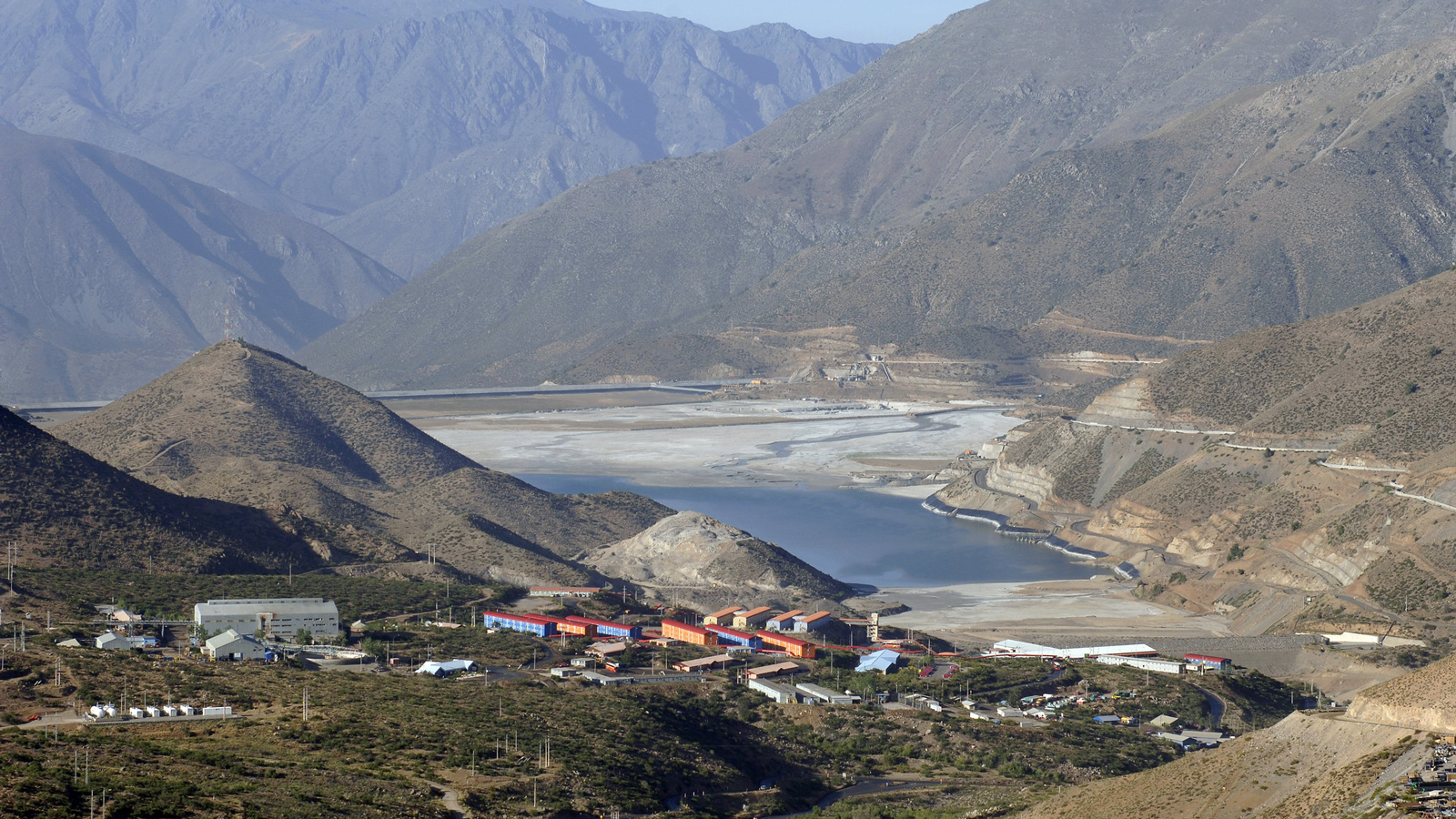Chilean miner Antofagasta has confirmed it will start operations at its new desalination plant – part of its $2.2 billion expansion of the Los Pelambres complex – this year, as facility construction is 86% complete and marine works are 87% done.
The plant at the port of Punta Chungo, Los Vilos, was designed for water management amid an extensive drought in the Coquimbo region that the company said has been generated by climate change.
Los Pelambres will be the first mining company in central Chile to use seawater to produce copper. The project is part of its “Los Pelambres Futuro” long-term framework to reduce environmental impact and improve coexistence with the province.
Once it comes into operation late this year, the plant will provide 400 liters per second of desalinated water with industrial quality. The plant will obtain seawater from a gravitational collection system (without motor or suction) from an 800-meter-long pipe tipped with a filter. The holes in this filter are 16 times smaller in size than a 10-peso coin.
“This desalination plant will allow us to start incorporating desalinated water into our processes, which not only advances in sustainable production, but also adapts to the long drought caused by climate change,” said Minera Los Pelambres General Manager Alejandro Vásquez.
“This is the first step of other investments that we are promoting to be able to use mainly desalinated and recirculated water from 2025, thanks to the Operational Adaptation Project that is currently in environmental processing.”
He noted that, of every 10 liters of seawater entering the desalination plant, five will be returned without any temperature alteration or additional chemical components. It will, however, have twice the normal salt, so it is considered a discharge system through a pipe that will be located one kilometer inland and 26 meters deep.
This submarine outfall, 1.2 meters in diameter, will have 10 diffusers to facilitate the dilution of salt in the sea thanks to sea currents.
“According to the studies carried out, seven meters from this diffuser there will no longer be any difference with normal seawater. The experience accumulated in hundreds of similar desalination plants currently operating in the world, some of them further north in Chile, shows that there is no negative impact on the marine environment,” said Vázquez.
Source: Antofagasta

